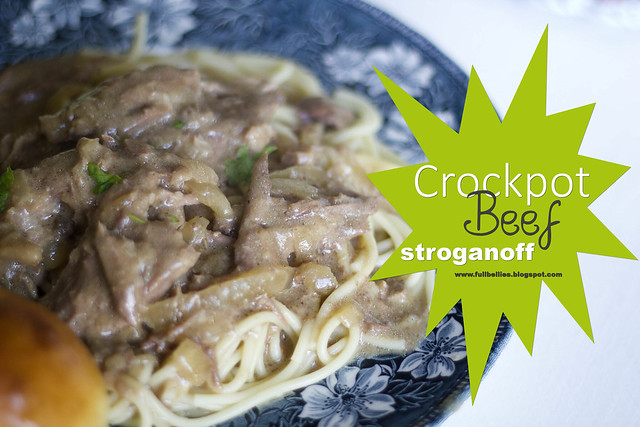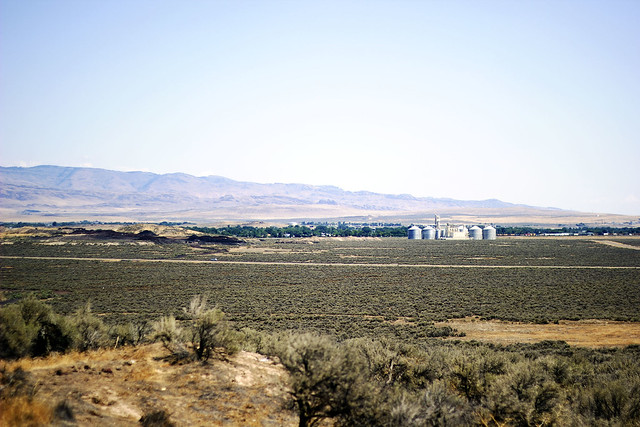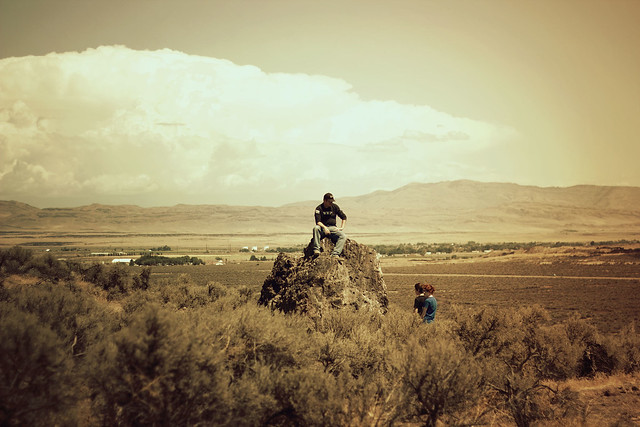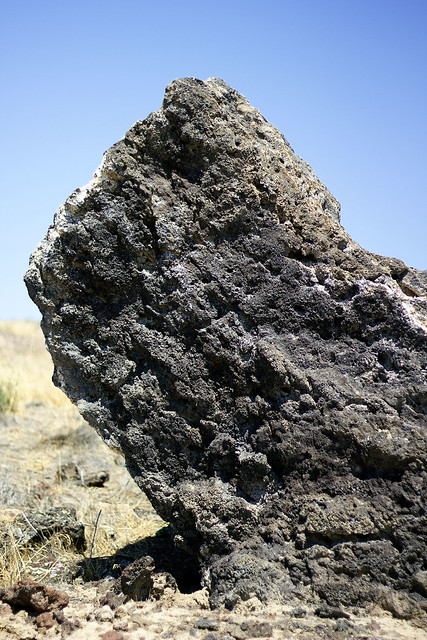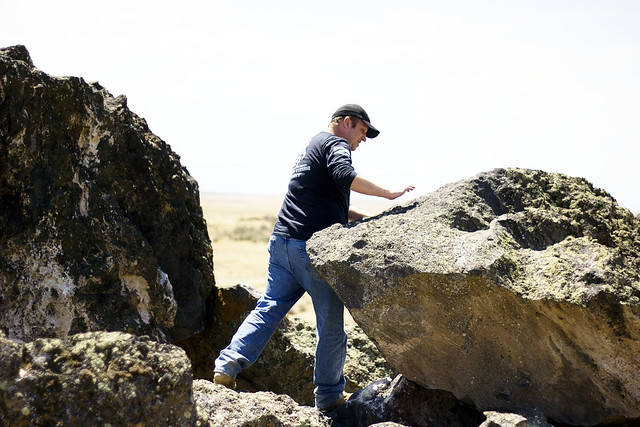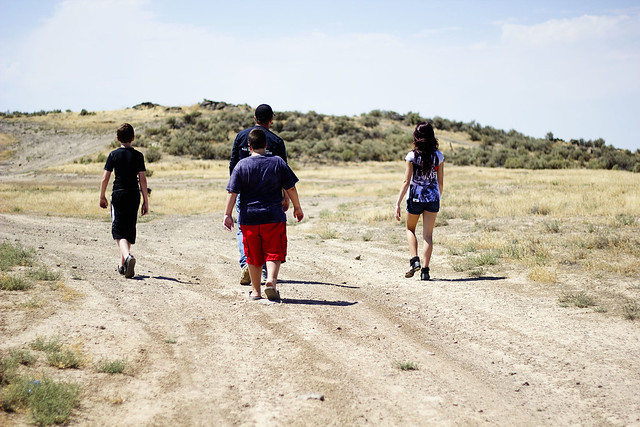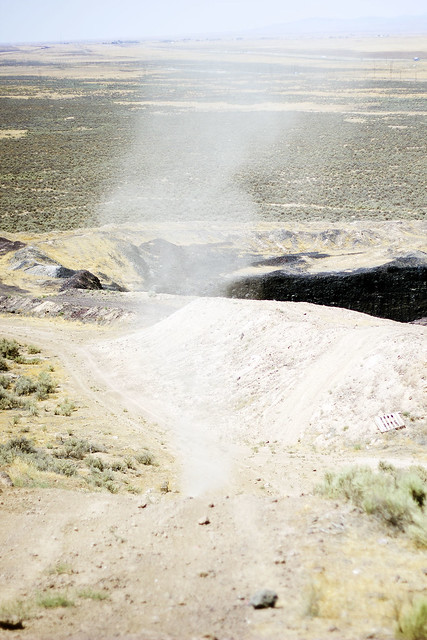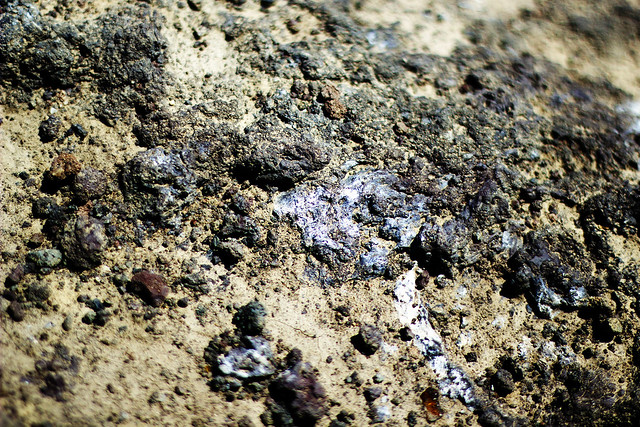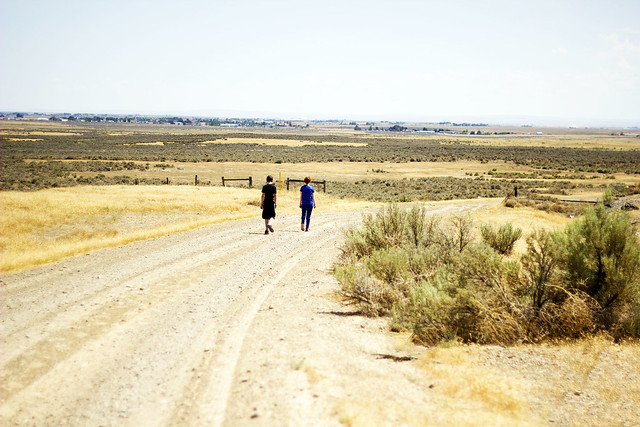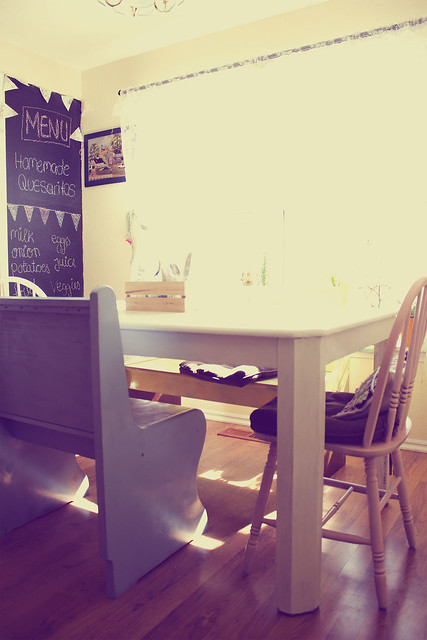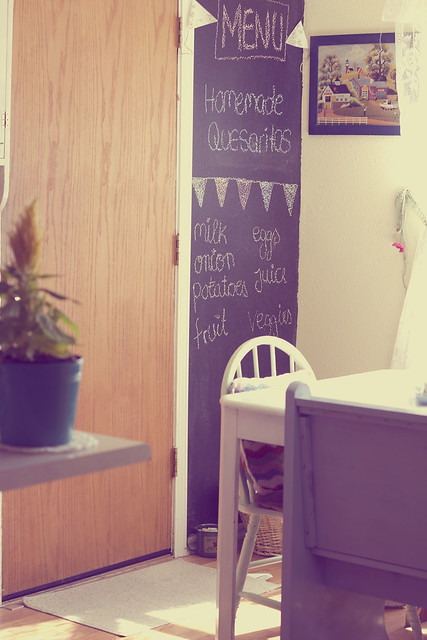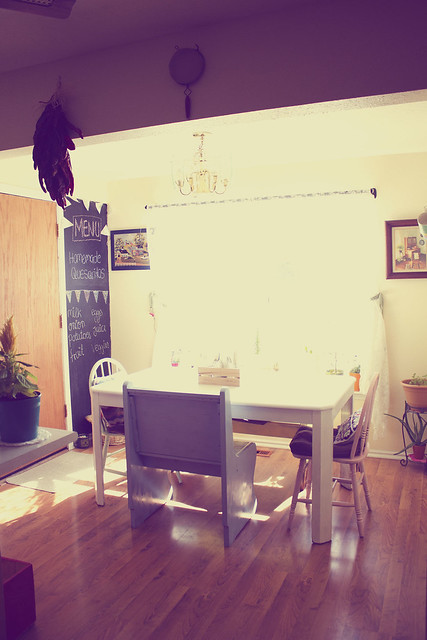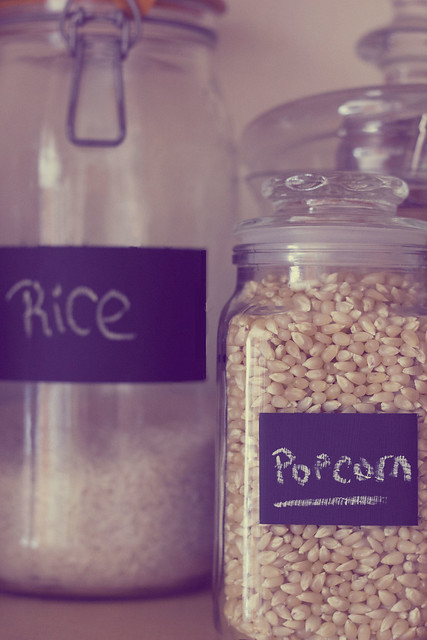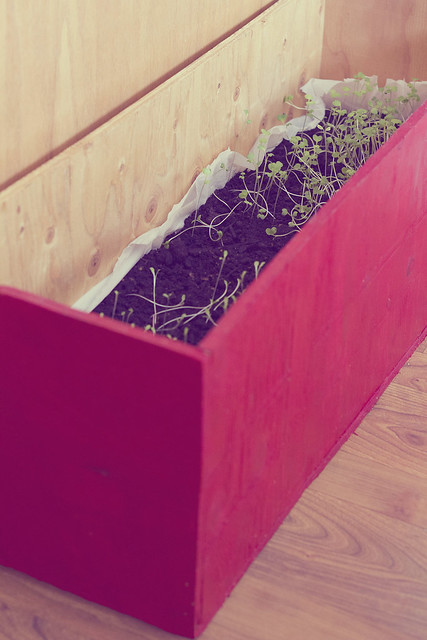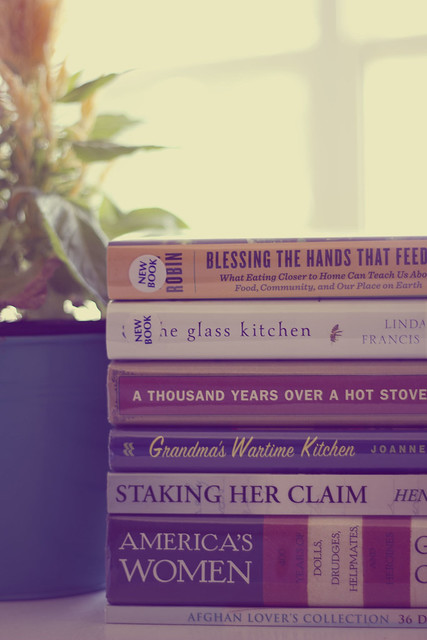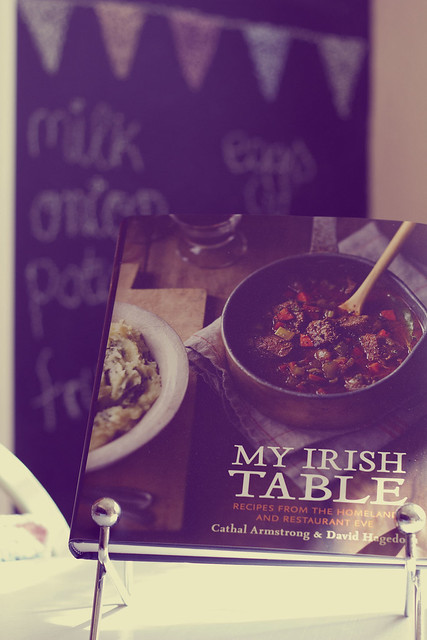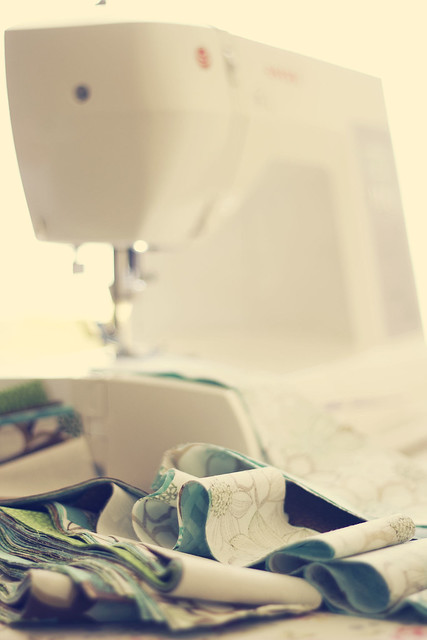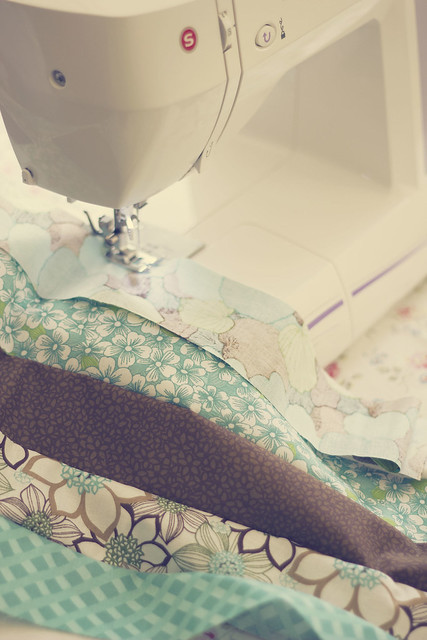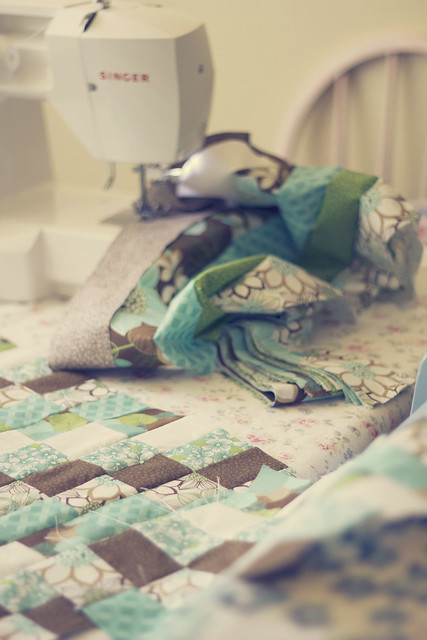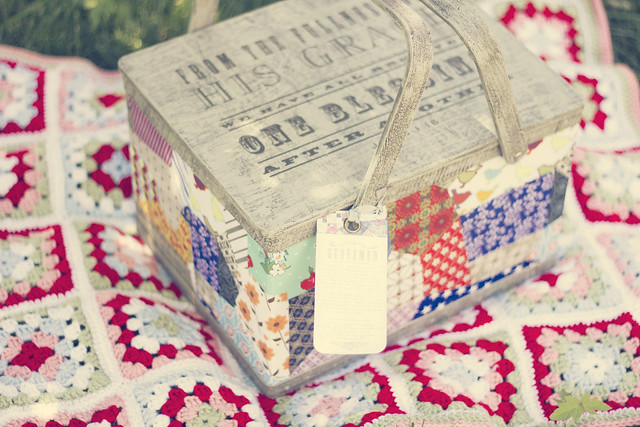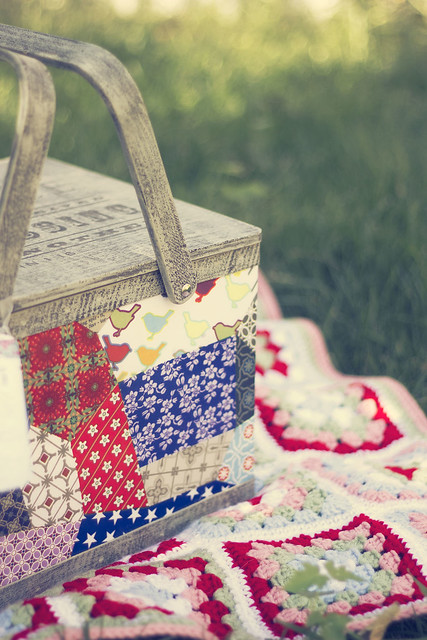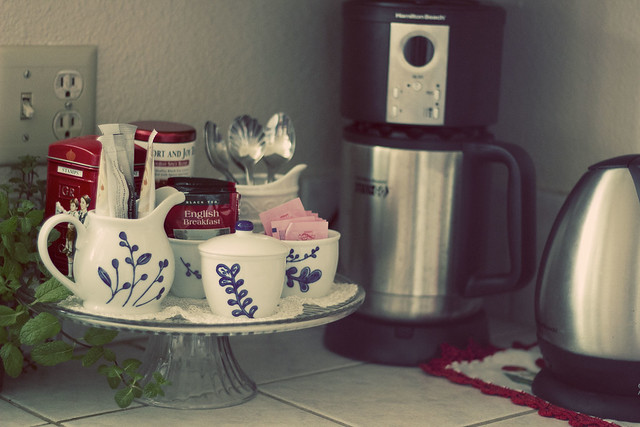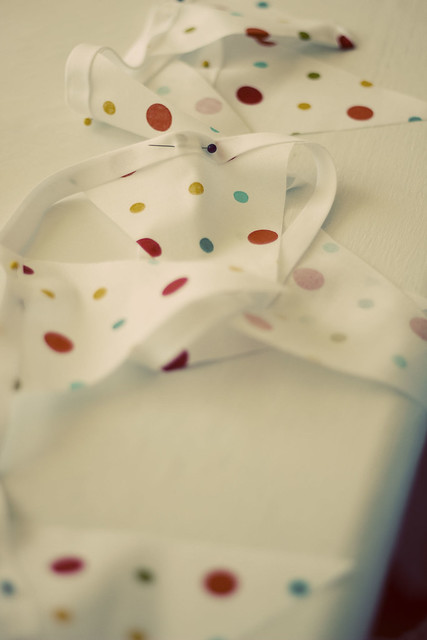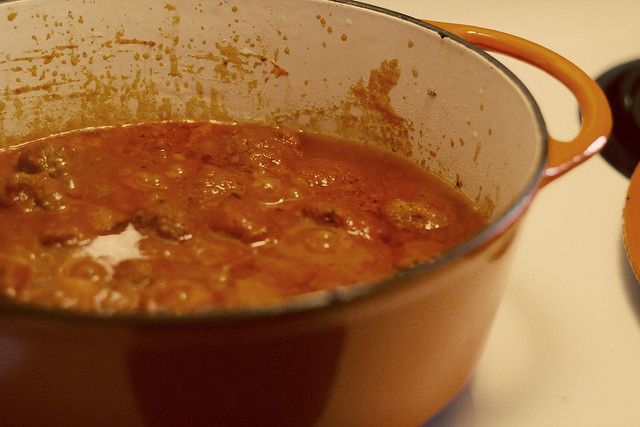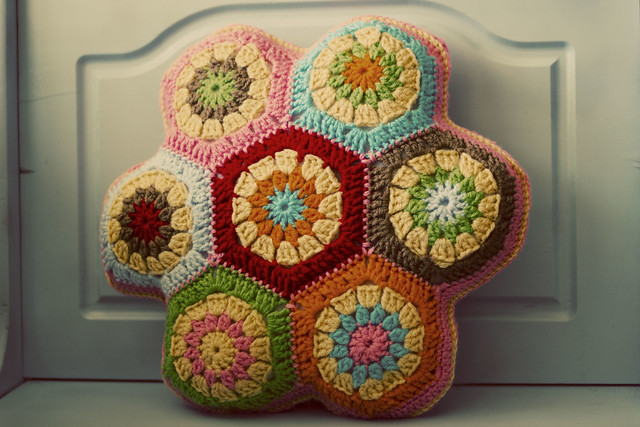Without a doubt, the most asked question I get, and emails I receive, pertain to my homemaking.
Why do I enjoy it so much, how do I get it all done with a smile on my face, and what is it about homemaking that I love.
I am by no means an expert on this subject, and I can't begin to even slightly represent homemakers everywhere. I can only speak from my own experience as a homemaker and wife for the past 16 years.
One of the library books I picked up the other day, was also the one I dug into first. "A Thousand Years Over a Hot Stove" by Laura Schenone.
As I started leafing through the pages and browsing the different pictures and themes, I came across one that immediately stood out to me. It talked about the essence of the homemaker, and what exactly that meant.
In 1615, English farming expert Gervase Markham tried to pin down the essence of a housewife in his magnum opus, The English Housewife. (A Thousand years over a hot stove)I found it interesting to look through the list he had compiled and to contrast it with our modern homemakers, or more specifically, with myself and what I do in the household today.
1. She was a healer who, from her nearby kitchen garden, could concoct all sorts of herbal remedies and medicinal waters for the curing and prevention of sickness.
I wouldn't call myself a healer, but I do still concoct different things for the well being of my family. Whether it be some rice water for an upset stomach, a cough and cold tea for the winter days, or a special tea for a sore throat. I love herbs, I love reading about their medicinal attributes and how I can still use them in this day and age.
2. She was a butcher and preserver of meat who could transform all animal innards, flesh and organs into roasts and bacon, salted meats, stews and minced pies. She was comfortable sawing apart bones, reaching in for the treasured suet fat near the kidneys, and making good culinary use of all animal parts, such as brains and intestines.
Well, I am not a butcher, matter of fact I thank the Lord that I don't have to butcher any animals for the meat I need to feed my family. I am not saying that if I had to, and our lives depended on it, I wouldn't do it, but I'm just glad I don't need to. But I do make good culinary use of all the meat at my disposal. We'll just leave the brains and intestines out though.....I will say that when I was 2 years old my mother would feed us sheep brains. Excuse me while I gag. So glad I don't recall actually eating that. BLECH!!
3. She was a dairy manufacturer who could milk the cows each morning, churn the butter, and transform cream and milk into cheese - including fresh curd dishes, as well as hard aged cheeses that would preserve treasured nutrients for winter.
I do make my own butter, I love buying raw milk and skimming the top for the butter. I do make some homemade cheeses, and yogurt and ice cream and try again, to make use of everything at my hands. I guess I could call myself a dairy manufacturer, minus the milking of the cows.
4. She was a brewer who quenched her family's thirst with ale. Before the arrival of coffee and tea, the English drank a weak alcoholic beer as their primary beverage - even for breakfast. (Some have speculated that the alcohol killed harmful bacteria, making the water safer to drink.)
I guess this is where I differ immensely from the old homemaker. You definitely won't find me brewing beer in the back yard, or drinking such beer for breakfast.
5. She was a baker. In those days, brewing and baking went hand in hand. The "barm", or foam of a beer, was the chief leavening agent of bread. Weekly, the housewife used the by-product of her brewing to make wheat, barley, and oats into risen loaves called manchets.
Wouldn't call myself an excellent baker, I think I'm much better cooking than baking. With that said, I do bake every week, especially bread, so yes, I do consider baking a big part of my homemaking chores.
6. She was an excellent gardener.
Well, not really. I used to call myself the Thumb of Death for many, many years. Over the past I would say, 4 years or so, I have become quite good with gardening and have been able to grow quite a lot of things, veggies and flowers and herbs. Again, I do consider it a part of my homemaking life, growing herbs and veggies especially, contribute to the meals I prepare.
7. She was a notable cook. A wife could love and obey, but if she didn't know how to cook, she could perform only "half her vow". Her repertoire encompassed boiling, roasting, and preserving all types of meat, fowl and fish, from mutton to pig to goose and mallard to pike, carp, and trout. She new how to make a wife variety of sauces for these meats. She knew how to make pies, puddings, and marvelously interesting salads. She "conserved" berries and other fruits into jams. She pickled cucumbers for winter.
Yes, yes, and a big YES! My love for cooking grew from a very young age. I've often talked about the huge impact that my greatgrandmother had on my life. I would sit at her feet while she prepared the evening's meal, and I would beg for a little potato, for a pot, for water, for salt and pepper. I was so happy sitting there pretending to make soup.
I've loved cooking ever since I can remember, I would say 5 years old if not younger, and it's something that has only grown over the years.
For me, it's one of the most important jobs in my home. The ability to know how to prepare meals for my husband and children, and give them good nutrition.
Homemakers are effective and valued for their skills. Or at least, they should be.
The husband works to provide the tools that will in return enable the wife to do her homemaking chores. I think as a married couple, one can't live without the other, they are equally important to the family well being.
I take a lot of pride in being a homemaker. I hold my head up high when asked what I do for a living, and I smile through each task I complete in a day.
Mundane, repetitive, sometimes boring tasks, the same thing over and over. One could easily become frustrated and resentful, but I think it's up to us to embrace what we do and not be ashamed of it.
I found that the minute I started tackling each day with a joyful attitude and knowing just how important my jobs are in the home, that I started loving and I mean, really loving being a housewife. I wouldn't trade it for anything in this world.
The Lord God said, “It is not good for the man to be alone. I will make a helper suitable for him.”
Genesis 2:18
Now I ask you.....what do you think is the essence of a homemaker, and how do you feel about your own role in the home?
"Laura Schenone's Books." Laura Schenone's Books. N.p., n.d. Web. 31 July 2014.










